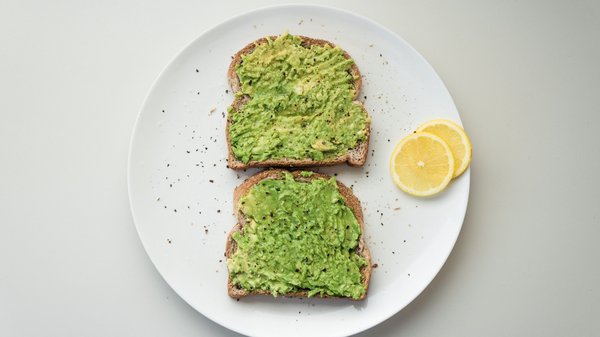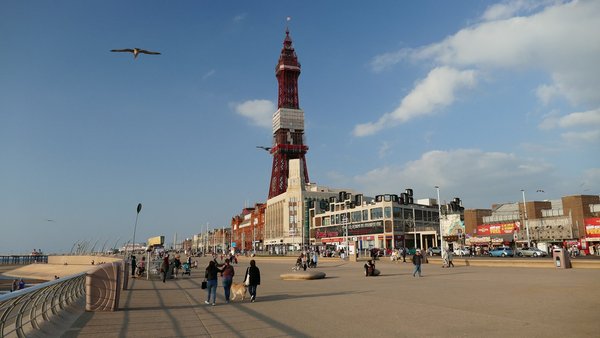Innocent ad ban signals anti-greenwash climate /
The decision to ban Innocent's ad shows the ASA is coming down hard on brands that make misleading claims about the environment
James Swift
/
Innocent Drinks has become the latest brand to fall foul of the UK Advertising Standards Authority’s (ASA) heightened vigilance against greenwashing with a cartoon ad about a singing otter.
In a decision published on 23 February, the ASA ruled that Innocent’s Little drinks, big dreams ad, in which an otter sings to people about eating healthily and fixing the planet, must not air again in its current form.
Innocent defended itself by saying it never suggested buying its smoothies was good for the environment. The ad was instead merely an invitation for people to join its journey making the planet healthier, and Innocent felt that as a B Corp-certified company it was qualified to extend such an invitation.
Going wide with its argument, Innocent also claimed that banning the ad would have a chilling effect and deter advertisers from talking about environmentally friendly changes and initiatives they had undertaken.
But the ASA was unmoved. The authority accepted that the ad would be interpreted by some as a statement of Innocent’s environmental aspirations but said the inclusion of Innocent products in scenes of people fixing the planet implied ‘a direct association between choosing Innocent drinks and taking positive action to help the environment’.
Under the CAP and BCAP codes, advertisers must prove any environmental claims are true across ‘the full life cycle of the advertised product or service’. Innocent could not clear that hurdle and the ASA concluded that its ad was misleading.

It is the second time in less than a month that the ASA has censured a brand for making misleading claims about the environment. In January, it banned a campaign for Oatly. The oat milk brand had also been tripped up by the ASA’s ‘full life cycle’ rules, which in this instance led it to ‘overstate’ the emissions produced by the meat and dairy industry.
In September 2021, the ASA promised to crackdown on greenwashing claims in advertising, and in December it published guidance on how advertisers can stay on the right side of the CAP and BCAP rules. The ASA was motivated by the worrying conclusions of a report by the Intergovernmental Panel on Climate Change, and also by the Competition & Markets Authority, which published its own Green Claims Code and warned businesses against making misleading environmental claims.
You can understand why the ASA would not want to appear softer on greenwashing ads than another, less marketing-specific, regulator. But a stern hand is also appropriate in the context of stakes involved.
As more people become concerned about the environment, marketers are rushing to put out messages that present their brand as part of the solution.
Brands in the UK may now feel straightjacketed when it comes to talking about being environmentally friendly, even in a vague and inspiring way, but a more permissive regime would make it too easy for an air of exaggerated accomplishment to take hold and sanitise the true picture. And the last thing the climate discussion needs is more confusion and apathy.
Want more of the same? /
We don’t just write about best-in-class campaigns, interviews and trends. Our Members also receive access to briefings, online training, webinars, live events and much more.







